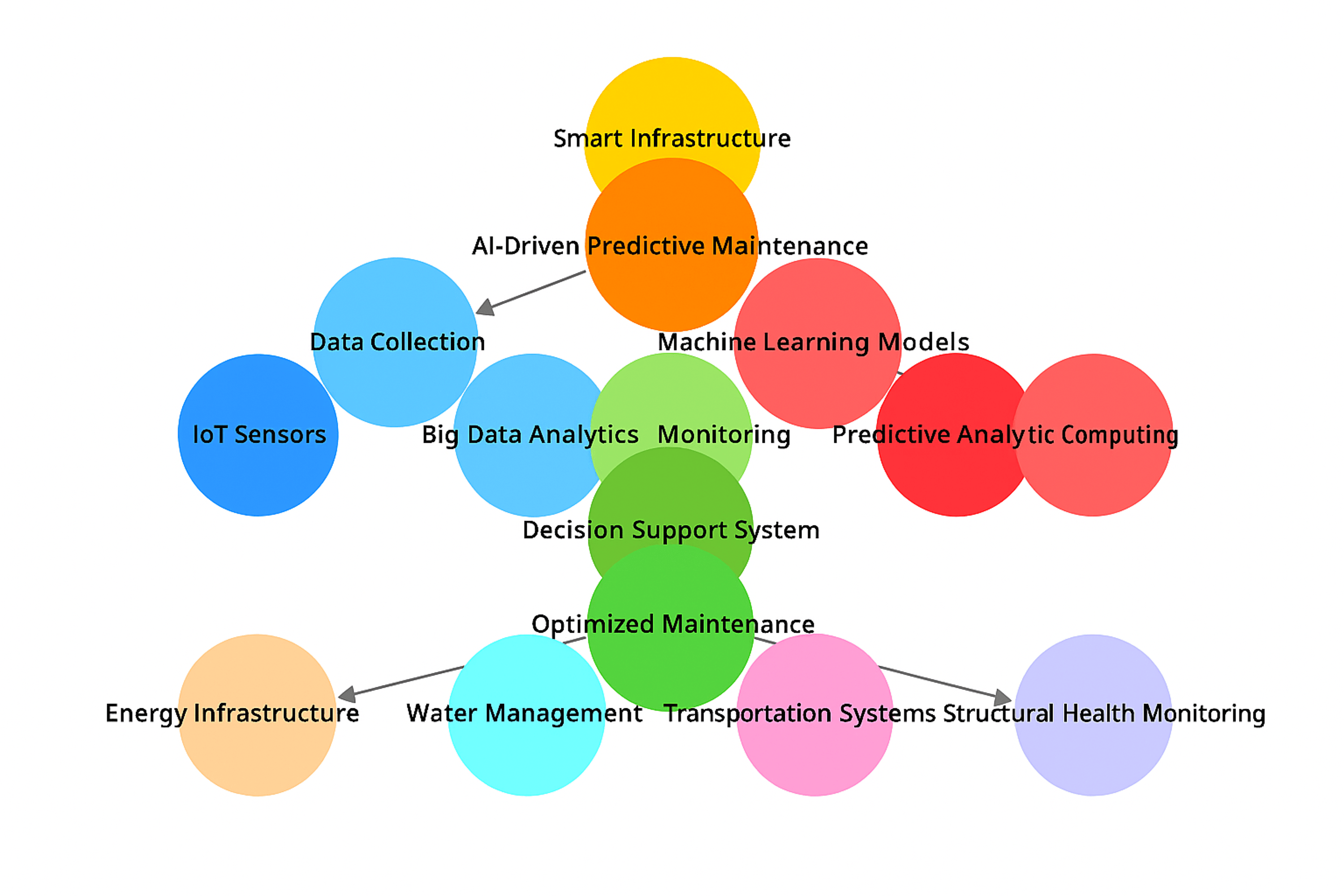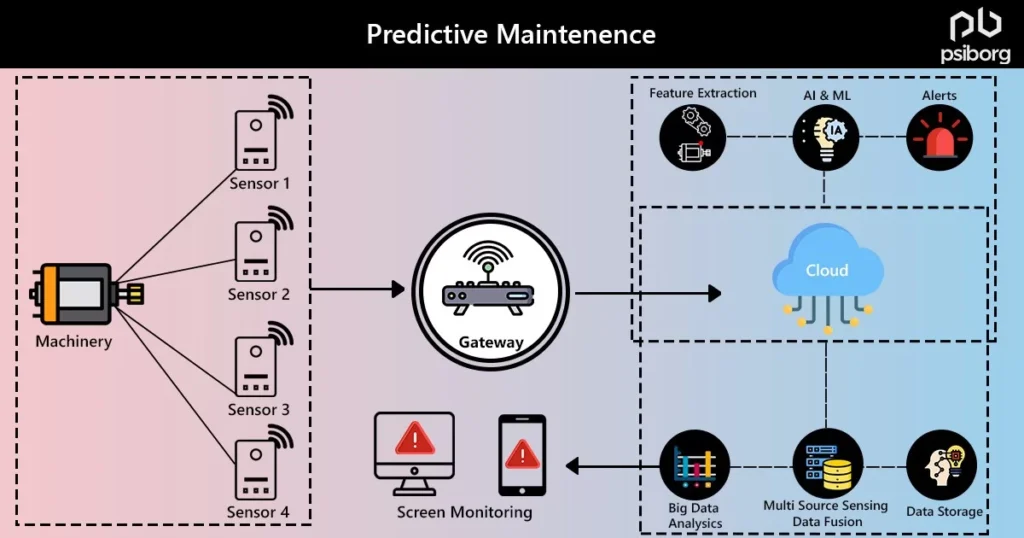Smart home appliances are becoming more popular every day. These devices help us live more comfortably and save energy. But like all machines, they can break or stop working well. That is where predictive maintenance comes in. It helps keep smart appliances in good shape. In this article, we will learn what predictive maintenance is. We will also see how it helps our smart home devices work better and longer.
What Is Predictive Maintenance?
Predictive maintenance means fixing things before they break. It uses data from machines to guess when a problem might happen. This way, we can do repairs or changes before the appliance stops working. It is different from regular maintenance. Regular maintenance happens on a fixed schedule, no matter the condition of the device. Predictive maintenance is smart. It works only when needed.
Here is a simple way to understand it:
- Imagine your washing machine sends a message. It says, “I am getting too hot.”
- You check and find out a part is wearing out.
- You fix or change the part before the machine breaks down.
This helps avoid big problems and saves money.
How Does Predictive Maintenance Work?
Smart appliances have sensors inside them. These sensors watch how the machine works. They collect data like temperature, speed, vibration, and more. The data goes to a computer or cloud system. There, special software looks for signs of problems. If it finds something wrong, it sends an alert to the owner or repair team.
| Step | What Happens |
|---|---|
| 1 | Sensors collect data from the appliance |
| 2 | Data is sent to a computer or cloud |
| 3 | Software checks data for signs of trouble |
| 4 | If there is a problem, an alert is sent |
| 5 | Owner or technician fixes the issue early |
Benefits of Predictive Maintenance in Smart Homes
Using predictive maintenance with smart appliances gives many benefits. Here are some important ones:
1. Saves Money
Fixing small problems early is cheaper than big repairs. Predictive maintenance helps find problems before they get worse. This saves money on parts and labor.
2. Avoids Appliance Breakdowns
Sudden appliance failure is very annoying. Imagine a fridge that stops working in summer. Predictive maintenance reduces the risk of this. It helps keep appliances running smoothly.
3. Saves Energy
When machines work well, they use less energy. Broken or worn parts make devices work harder. This wastes electricity. Predictive maintenance keeps devices efficient and saves power.
4. Extends Appliance Life
Taking care of small issues makes appliances last longer. Predictive maintenance helps spot and fix issues early. This means you do not need to buy new appliances often.
5. Convenience
You do not need to check appliances all the time. Predictive maintenance does this work for you. It tells you when something needs attention. This makes home life easier and less stressful.
Examples of Predictive Maintenance in Smart Appliances
Many smart home devices use predictive maintenance. Let us look at some examples.
Smart Refrigerator
Sensors can check the fridge temperature and compressor health. If something is wrong, the fridge can alert you. This helps avoid food spoilage and costly repairs.
Smart Washing Machine
The washing machine can detect if a motor or belt is wearing out. It can warn you before it stops working. You can schedule repairs at a good time.
Smart Hvac System
The heating and cooling system can sense airflow and filter health. Predictive maintenance tells you when to change filters or fix parts. This keeps your home comfortable and air clean.
Smart Water Heater
Sensors watch water temperature and pressure. If the heater shows signs of trouble, you get an alert. Fixing it early prevents big leaks or failures.

Credit: developex.com
Challenges of Predictive Maintenance in Smart Homes
Predictive maintenance is helpful but has some challenges too.
Cost
Smart appliances with sensors and software cost more. Not everyone can afford them yet.
Data Privacy
Data from appliances goes to companies or cloud. Some people worry about their privacy and security.
Technology Understanding
Not all users understand how predictive maintenance works. This can make them hesitant to trust alerts.
Connectivity
Smart appliances need good internet connections. Poor connection can stop alerts from coming on time.

Credit: www.cureusjournals.com
Future of Predictive Maintenance in Smart Homes
As technology improves, predictive maintenance will get better. Sensors will become cheaper and more accurate. Software will learn more from data. This will make smart appliances more reliable and easier to use.
Also, more homes will have connected devices. Predictive maintenance will become a normal part of home care. It will help save money, energy, and time.
In the future, predictive maintenance might connect many devices. This will allow smart homes to manage repairs and energy use automatically.
Summary
Predictive maintenance helps keep smart home appliances working well. It finds problems early using sensors and data. This saves money, energy, and time. It also prevents sudden breakdowns and extends appliance life. Although there are some challenges, the future looks bright. More homes will use this helpful technology soon.
Smart homes with predictive maintenance are easier to live in. They help us avoid surprises and extra costs. Taking care of appliances is simpler and faster. This makes daily life more comfortable for everyone.
Frequently Asked Questions
What Is Predictive Maintenance In Smart Home Appliances?
Predictive maintenance uses data to predict appliance issues before they happen.
How Does Predictive Maintenance Improve Appliance Performance?
It detects problems early, helping appliances run smoothly and last longer.
Can Predictive Maintenance Reduce Repair Costs For Smart Appliances?
Yes, it lowers repair costs by fixing issues before they get worse.
Which Smart Appliances Benefit Most From Predictive Maintenance?
Appliances like refrigerators, washing machines, and HVAC systems benefit greatly.

